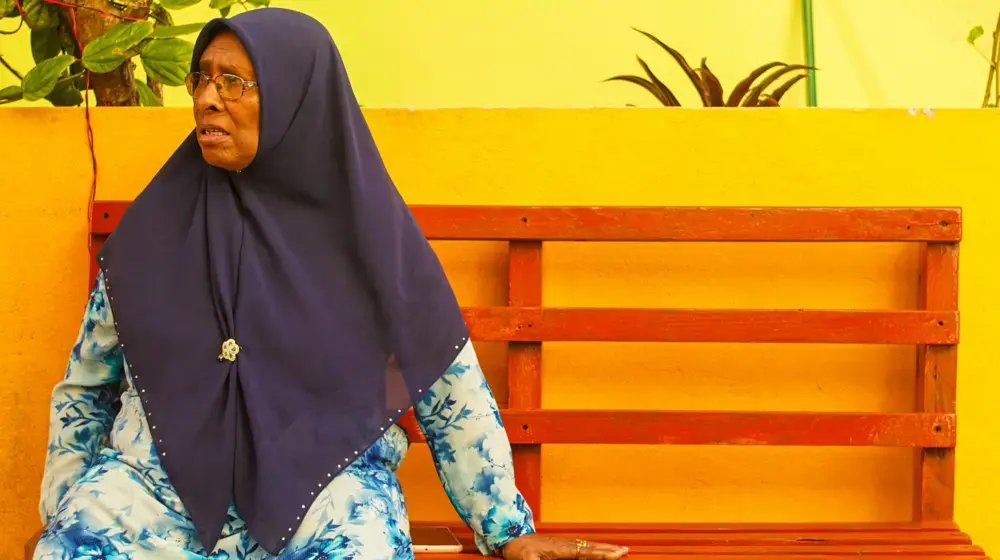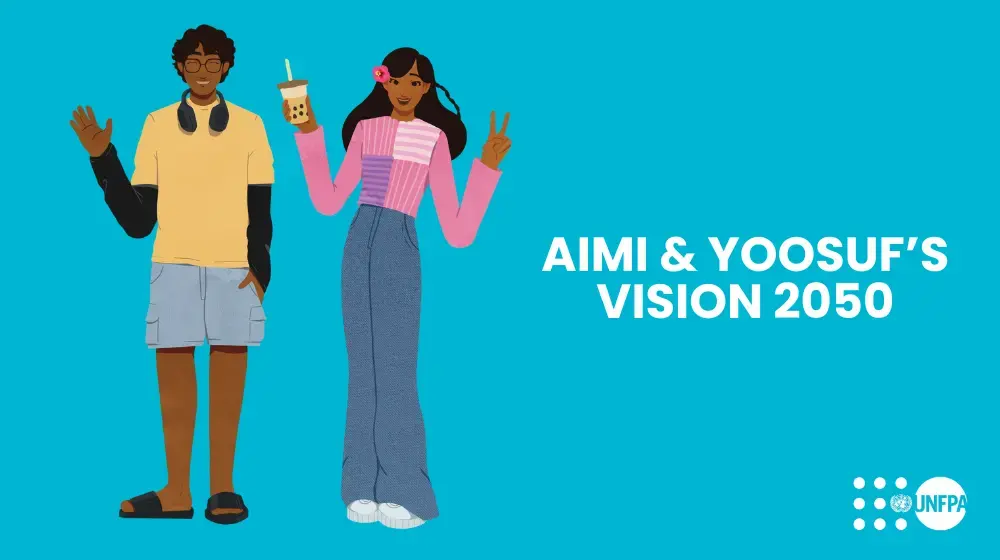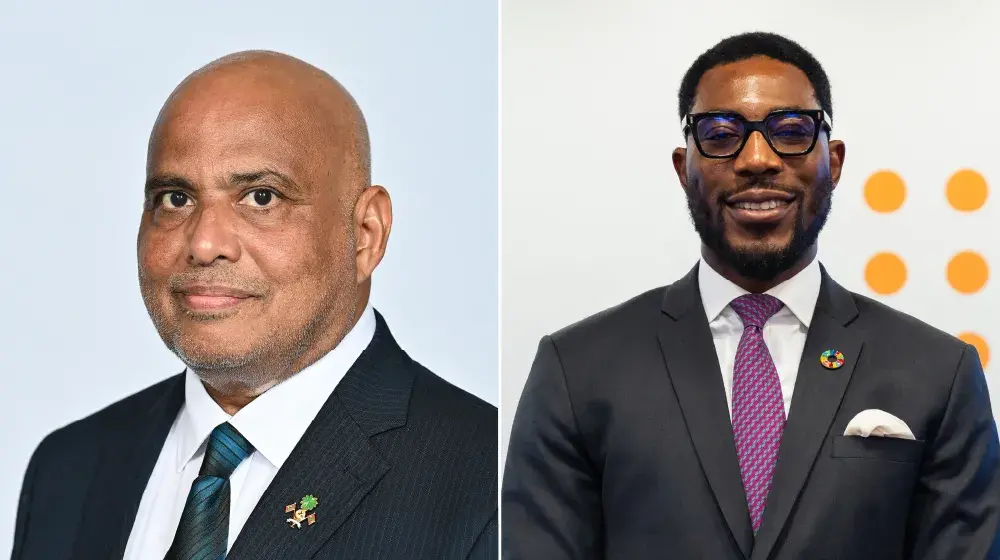Youth are the driving force in a country. Thus, it is critical to ensure that this demographic is empowered to reach their full potential. With nearly half of the Maldives population under 25 years of age, it is imperative that policymakers make the right decisions to further economic and social development.
Working to create lasting social change is one way of achieving this.
Meet Zulaika and Maziya , two young, bright sparks recently recruited as social change leaders by the UNFPA Maldives Country Office.

They will spend the next few months working on a project of their choice, designed and implemented to create youth-centric social change in their communities.
Maziya plans to establish a youth-to-youth program that will provide comprehensive and reliable information on Sexual and Reproductive Health (SRH) using innovative mediums. She also hopes to establish a mechanism where young people can be paired with health care professionals to have better access to information and services.
Zulaikha’s project will look to establish a youth working group to lobby for policy change to promote the provision of Sexual and Reproductive Health (SRH) services to young people, regardless of marital status. She also hopes to facilitate multi-sectoral discussions on policy between youth groups, Corporations, Civil Society Organization, and Government.
Tell us a bit more about your project
M: The first phases of our projects are combined to increase community engagement. We hope to set up two camps: a Pre-camp and an Innovation camp. The camps will create an advocacy base for our projects and our individual project outputs will be determined by the outcome of these camps.
Why did you select Sexual Reproductive Health (SRH) as your topic?
M: No one talks about SRH issues in Maldives due to religious and cultural taboos. It is not taught in schools either. We would like to facilitate a culture where adolescents and youth are comfortable seeking help and aren’t stigmatized for it. We find that young people aren’t afraid to have the conversation; it’s usually the rest of society who feel these issues must be private.
Z: Our belief is that public campaigns will help create a buzz around the issue and lessen the taboo surrounding the subject. Once youth are engaged with issues of SRH, it will create an environment where more young people are motivated to advocate for these rights.
What are the expected outcomes of the Pre-camp?
Z: The pre-camp will get young people to talk about SRH issues by creating awareness in a manner that hasn’t been done in the Maldives before. We want to mainstream the topic in popular discourse, not only in policy and advocacy, but also in the home.
How is the Innovation Camp different?
Z & M: The Innovation camp will enable ideas on the best ways to disseminate reliable, and comprehensive sexual health information to young people — even in the most remote islands, in an anonymous and confidential manner.
The camps will provide a great opportunity for youth to connect using mobiles, social media, and web-based platforms. These platforms will also enable young people to get support and guidance from each other. Additionally, they will be held on Islands with high numbers of youth populations, to increase our impact.
Who do you hope to work with?
Z & M: Youth networks, health care professionals, private sector, and insurance companies are some of our identified partners.
How do use data in your projects?
Z & M: There isn’t a lot of public data on SRH issues however; evidence indicates that more unmarried youth are sexually active.
We will also be collecting data from the National Bureau of Statistics and from the Pre-camp and Innovation Camp to guide and inform our projects.
How do you plan to make your projects sustainable?
Z & M: Youth groups are very popular and active but not on health issues. We hope to change this by creating a youth group just for SRH issues.
We will build better relationships with other organizations and NGOs to increase youth networks and support them. We would also like to work with those organizations working on health to include SRH in their mandate or work plan.
What is your vision for the future?
Z: I would like to see a norm where young people are consulted, feel safe and secure and have open and accessible services. It is crucial that those with power keep this in mind, so that policies are drafted in a youth friendly manner.
How does working for UNFPA allow you to implement your vision?
Z & M: It’s difficult for a young person to get recognition, or be taken seriously since it’s not normal to work on SRH issues. UNFPA has a great mandate on youth and their strong networks with young people, gives us a steady foundation to build on.





